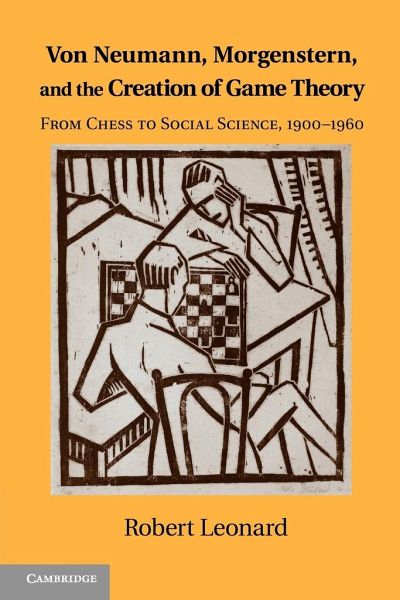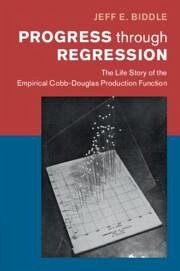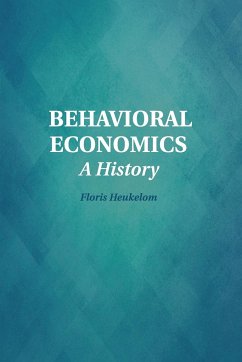
Von Neumann, Morgenstern, and the Creation of Game Theory
From Chess to Social Science, 1900-1960
Versandkostenfrei!
Versandfertig in 1-2 Wochen
47,99 €
inkl. MwSt.

PAYBACK Punkte
24 °P sammeln!
This book explores the creation of game theory by John von Neumann and Oskar Morgenstern. A dramatic reconstruction shows how game theory was related to debates in economics and mathematics, the social and political upheaval of the period, and the dramatic personal histories of its two architects.














